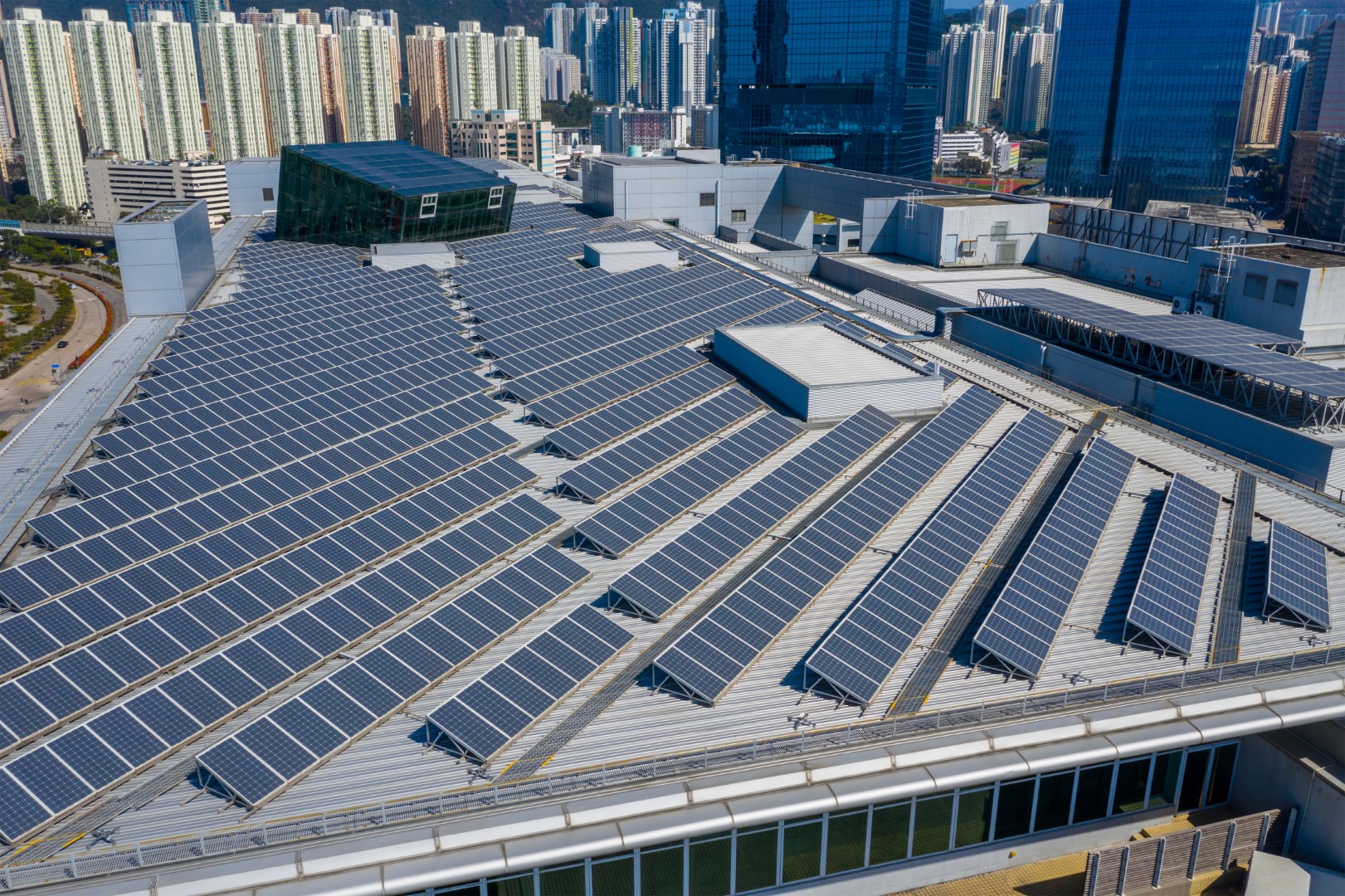In today’s competitive business landscape, companies are continually seeking ways to improve their operations, reduce costs, and minimize their environmental footprint. Solar energy is an accessible and effective solution to achieve these objectives. By adopting solar solutions, businesses are not only taking the lead in environmental stewardship but also investing in a cost-effective, reliable, and sustainable power solution that promises significant returns in the long run.
This blog post aims to explore several ways businesses can boost efficiency and savings with solar solutions. Whether you’re a small business just beginning to explore green initiatives or a large corporation looking to step up your sustainability game, this guide is for you.
Understanding Solar Solutions
Before delving into how businesses can benefit from solar energy, it’s essential to understand what solar solutions entail. Solar energy is a renewable power source derived from the sun’s radiation. The two primary forms of solar panels used in commercial settings are photovoltaic (PV) and thermal collectors.
PV panels convert sunlight into electricity using semiconductor materials, while thermal collectors absorb sunlight in the form of heat and then use it for heating water or air systems. These solar solutions can either be installed on a building’s rooftop or as ground-mounted units. Either way, it is crucial to work with experienced commercial solar panel installers to ensure optimal performance and efficiency. Working with professionals will also help you navigate any regulations or policies that may apply to your business.
Now that we have a basic understanding of solar solutions let’s look at how businesses can utilize them to improve their operations and save money.
Boosting Efficiency with Solar Solutions
Solar solutions offer numerous benefits for your businesses, including increased efficiency. Here’s how:
Reduce Electricity Bills
Electricity is a considerable expense for most businesses, particularly those operating large manufacturing or production facilities. By switching to solar energy, businesses can significantly reduce their electricity bills and save money. Moreover, with net metering policies in place in many states, businesses can even earn credits for the excess energy they produce and sell it back to the grid. This not only helps offset initial installation costs but also generates additional revenue in the long run.
Lower Maintenance Costs
Solar panels require minimal maintenance compared to traditional power sources such as fossil fuels. Once installed, they typically have a lifespan of 25-30 years with very little upkeep or replacement costs. This means businesses can save money by avoiding frequent repairs and replacements, which can be costly.
Increase Energy Independence
By utilizing solar solutions, businesses become less reliant on traditional energy sources and gain more control over their power supply. With the ability to store excess energy in batteries, they can also ensure a continuous power supply during blackouts or power outages. Plus, since solar energy is not subject to price fluctuations in the same way as fossil fuels, businesses can enjoy a consistent and predictable electricity expense. This provides them with greater financial stability and security.
Maximizing Savings with Solar Solutions
In addition to boosting efficiency, solar solutions also offer significant cost savings for businesses. Here are some ways to maximize these savings:
Take Advantage of Tax Incentives
One effective way for businesses to make solar solutions more affordable is by taking advantage of tax incentives provided by many governments. For instance, in the United States, businesses can receive up to 26% in federal tax credits for installing solar systems. By leveraging these incentives, businesses can significantly reduce their upfront costs and make the transition to solar energy more financially feasible.
Utilize Solar Financing Options
To further facilitate the adoption of solar energy, there are various financing options available for businesses. These options include leasing, power purchase agreements (PPAs), and solar loans. By utilizing these financing options, businesses can overcome the barrier of high upfront costs associated with solar installations. This allows businesses on a tight budget to go solar with little to no initial investment, making it a more accessible and viable option.
Explore Energy Storage
Another advantage of solar solutions for businesses is the ability to store excess energy in batteries. By incorporating energy storage systems, businesses can optimize their energy usage and reduce their dependence on the grid during peak demand periods. This not only helps businesses save money by reducing peak demand charges but also enhances their overall energy resilience and reliability.
Sell Excess Energy
In addition to storing excess energy, businesses can also monetize it by selling it back to the grid. Net metering policies enable businesses to receive credits for the excess energy they generate and feed back into the grid. Moreover, businesses can enter into power purchase agreements (PPAs) with utility companies, where they generate and sell renewable energy certificates (RECs) in exchange for a fixed payment. These opportunities provide businesses with additional revenue streams and further incentivize the adoption of solar solutions.

In conclusion, solar solutions offer businesses an excellent opportunity to boost operational efficiency, reduce costs, and contribute positively to the environment. By reducing dependence on traditional power sources, lowering maintenance costs, and leveraging incentives and net metering policies, businesses can enjoy significant savings. With the added ability to store and potentially sell excess energy, solar solutions provide a robust, reliable, and economically viable power solution for businesses of all sizes. As the world shifts towards sustainable energy, transitioning to solar energy could be one of the wisest investments a business can make.
Discover more from Futurist Architecture
Subscribe to get the latest posts sent to your email.


![modern apartment [article_title]](https://www.futuristarchitecture.com/wp-content/uploads/2025/03/7-Calm-Tricks-to-Mute-Like-a-Forest-With-Sound-Absorbing-900x492.jpg)
